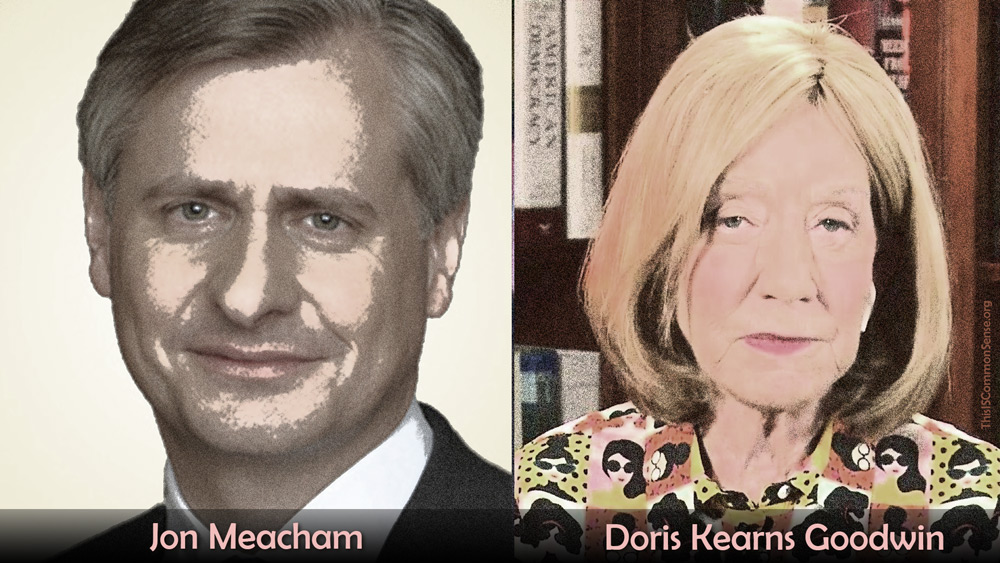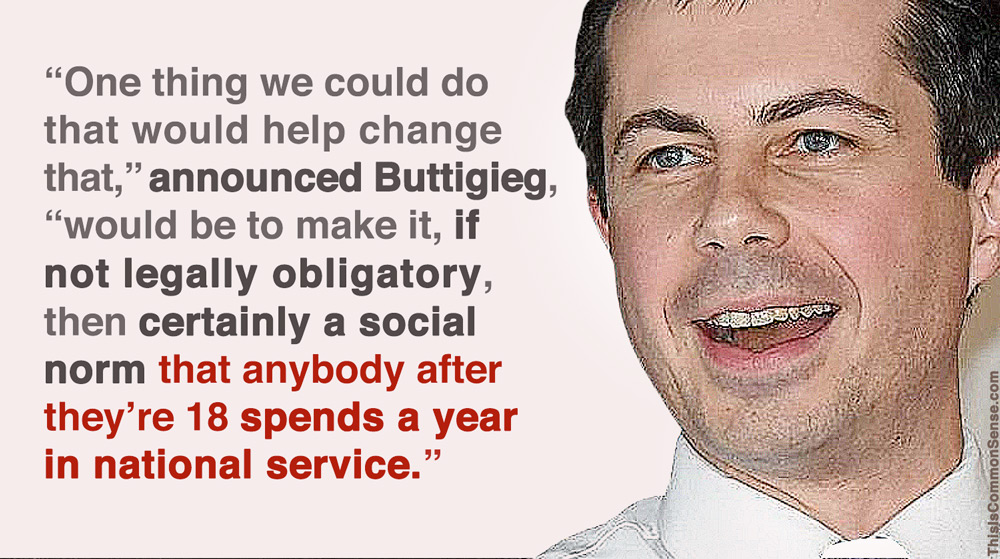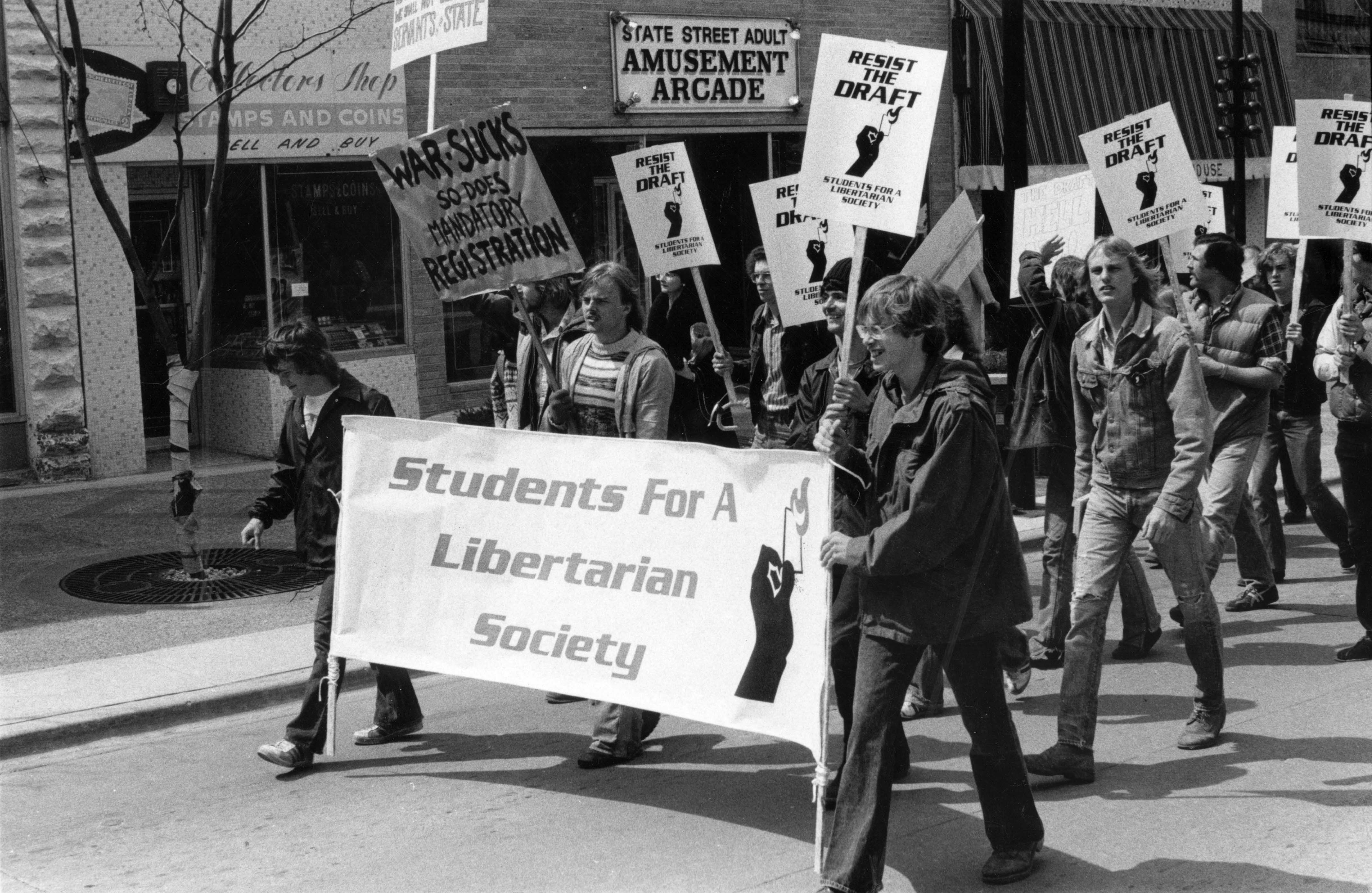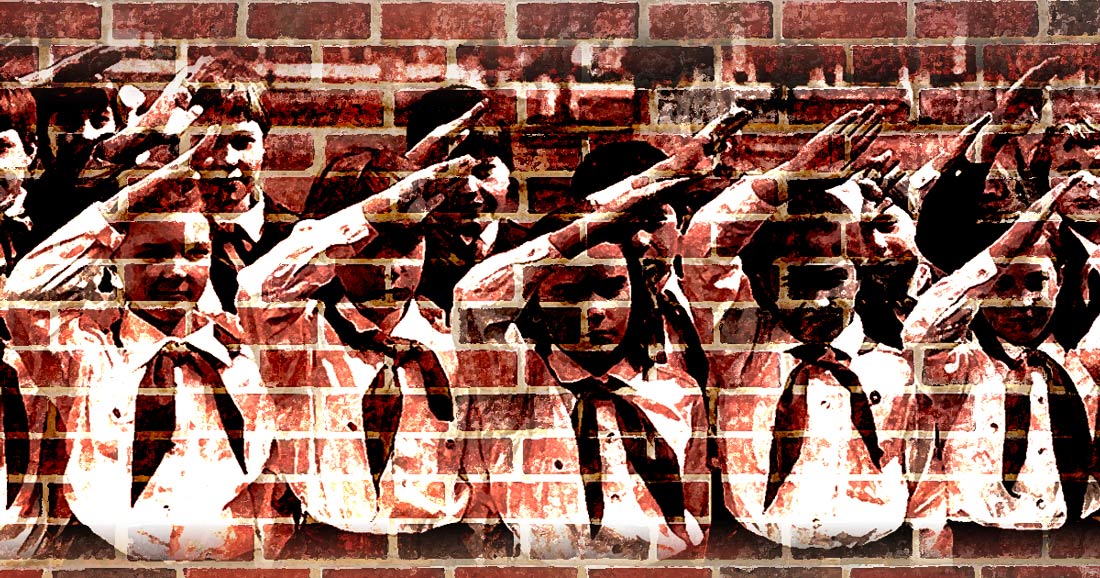“How would you characterize this moment?” CNN’s Fareed Zakaria asked Pulitzer Prize-winning author and historian (and occasional Biden advisor) Jon Meacham.
“I think you have a dedicated minority of the population — it was the secessionist slave-holding interests in the 1850s,” responded Meacham. “Today, it is this vast swath of people who have found a home in the Republican Party, who are no longer part of a coherent and constructive and good-intentioned conversation about the future of the country.”
Meacham then posited that “a democracy fundamentally depends on our capacity to see each other not as adversaries — or heathen — but as neighbors.”
Wait … did the tenured television expert say our whole system relies on not considering those you disagree with politically as “the other,” just mere seconds after comparing a “vast swath” of Republicans to slaveholders and essentially accusing them of being incoherent, destructive, and evil?
While Meacham bemoaned “these” otherwise undefined Republicans, CNN flashed pictures of the January 6th rioters on the screen. Hmmm. Obviously with the best of intentions.
Next, Zakaria sought the input of another Pulitzer Prize-winning author and historian, Doris Kearns Goodwin … also a well-known plagiarist.
“The answer” to seeing folks as this “other,” according to Goodwin? “I believe it’s national service,” she argued. “You get people from the city to the country, country to the city, you begin to create a new generation that has shared values.”
She’s delusional, but serious.*
Notice that her Pulitzer Prize-winning psychopathy would force millions of young (read: less powerful) citizens into government make-work, to be directed and “re-educated” by Washington-based experts … like Goodwin (and Meacham).
The other thing? Ironically, the program aired on Independence Day.
This is Common Sense. I’m Paul Jacob.
* Last week, in a New York Times op-ed, Rutgers University President Jonathan Holloway urged “compulsory national service for all young people — with no exceptions.” He contends forcing young people out of their chosen life paths will “build bridges between people” and “shore up our fragile communities.”
See all recent commentary
(simplified and organized)
See recent popular posts





